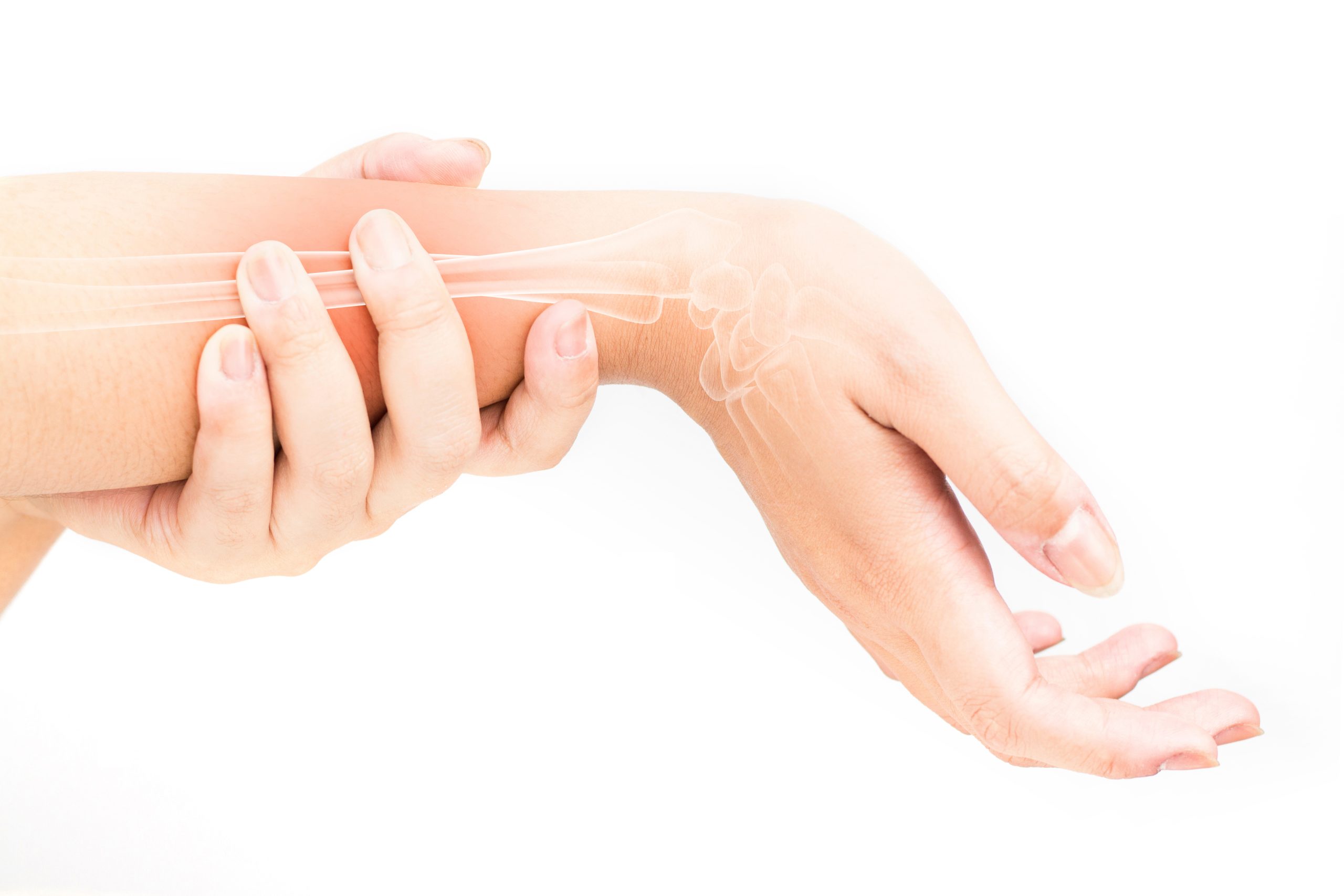Home
/
Symptoms
/
Muscle and Bone Weakness Leading to Increased Risk of Fractures – Causes, Diagnosis, and Treatment
Muscle and Bone Weakness Leading to Increased Risk of Fractures – Causes, Diagnosis, and Treatment at Emirates Hospitals Group
Muscle and bone weakness can lead to reduced strength, stability, and an increased risk of fractures. This condition may result from aging, nutritional deficiencies, medical conditions, or a sedentary lifestyle. Early diagnosis and proper management can help prevent complications and improve overall musculoskeletal health.
Causes of Muscle and Bone Weakness
- Osteoporosis: A condition that weakens bones, making them more prone to fractures, especially in older adults.
- Vitamin and Mineral Deficiencies: Low levels of calcium, vitamin D, and magnesium can contribute to bone loss and muscle weakness.
- Sarcopenia (Age-Related Muscle Loss): A gradual loss of muscle mass and strength, often occurring with aging.
- Hormonal Imbalances: Conditions such as thyroid disorders, low estrogen (in women), or low testosterone (in men) can weaken bones and muscles.
- Chronic Diseases: Conditions like rheumatoid arthritis, kidney disease, and diabetes can affect bone density and muscle function.
- Physical Inactivity: Lack of regular exercise leads to muscle atrophy and weaker bones, increasing the risk of falls and fractures.
- Medications: Long-term use of corticosteroids and some other drugs can lead to bone loss and muscle weakness.
Diagnosis of Muscle and Bone Weakness
Evaluation typically includes:
- Physical Examination: Assessing muscle strength, balance, and mobility.
- Bone Density Scan (DEXA): Measuring bone mineral density to detect osteoporosis or osteopenia.
- Blood Tests: Checking calcium, vitamin D, and hormone levels.
- Imaging Tests: X-rays or MRIs to assess fractures or structural bone damage.
Treatment for Muscle and Bone Weakness
Treatment depends on the underlying cause and may include:
- Nutritional Supplements: Calcium and vitamin D supplementation to support bone health.
- Weight-Bearing Exercises: Activities like walking, resistance training, and yoga to strengthen bones and muscles.
- Medications: Osteoporosis treatments such as bisphosphonates or hormone therapy to improve bone density.
- Physical Therapy: Strength training and balance exercises to reduce fall risk and improve muscle function.
- Lifestyle Modifications: A healthy diet, smoking cessation, and avoiding excessive alcohol intake to support musculoskeletal health.
If muscle and bone weakness persist or lead to frequent fractures, a consultation at Emirates Hospitals Group is recommended for a comprehensive evaluation and personalized treatment plan.


